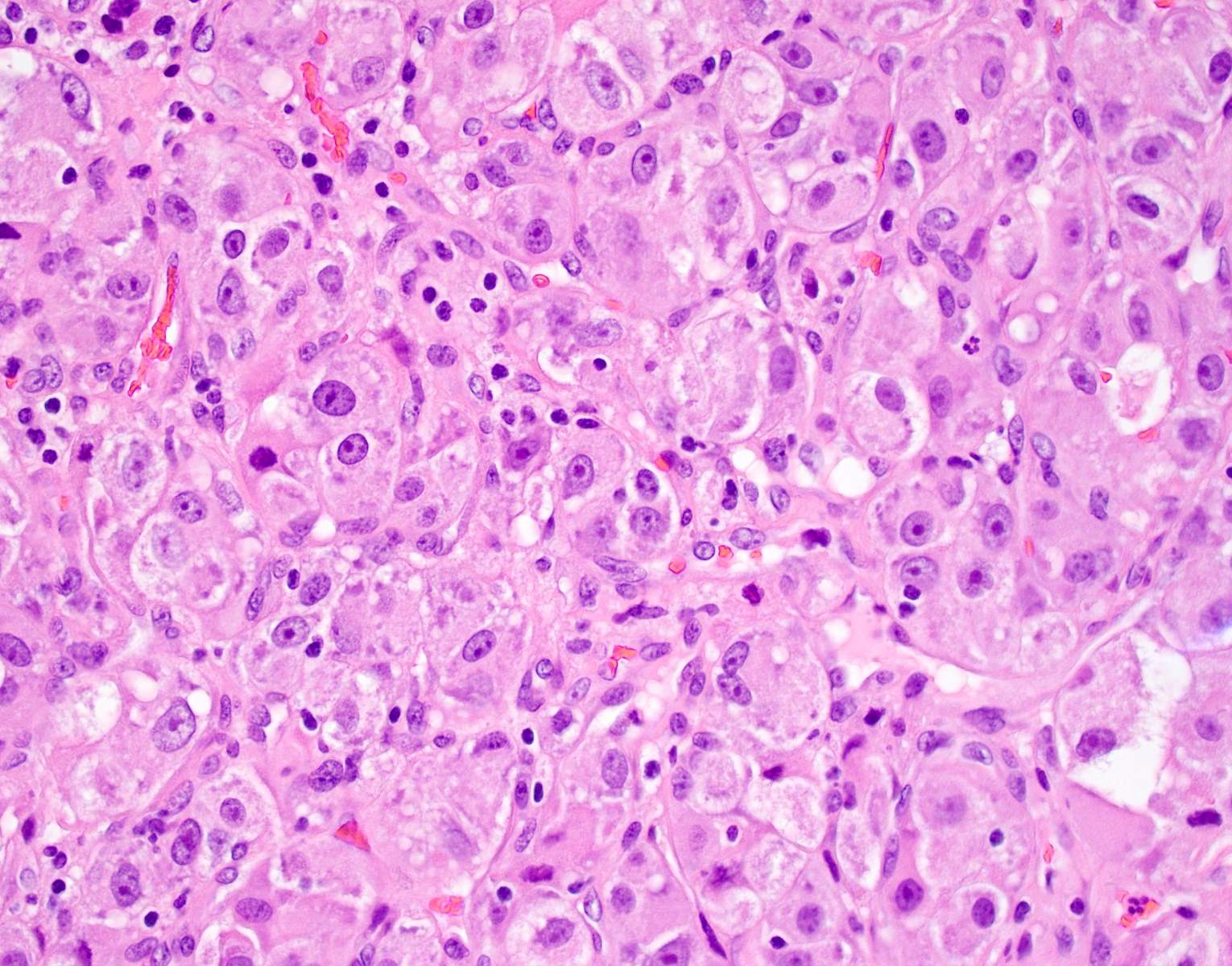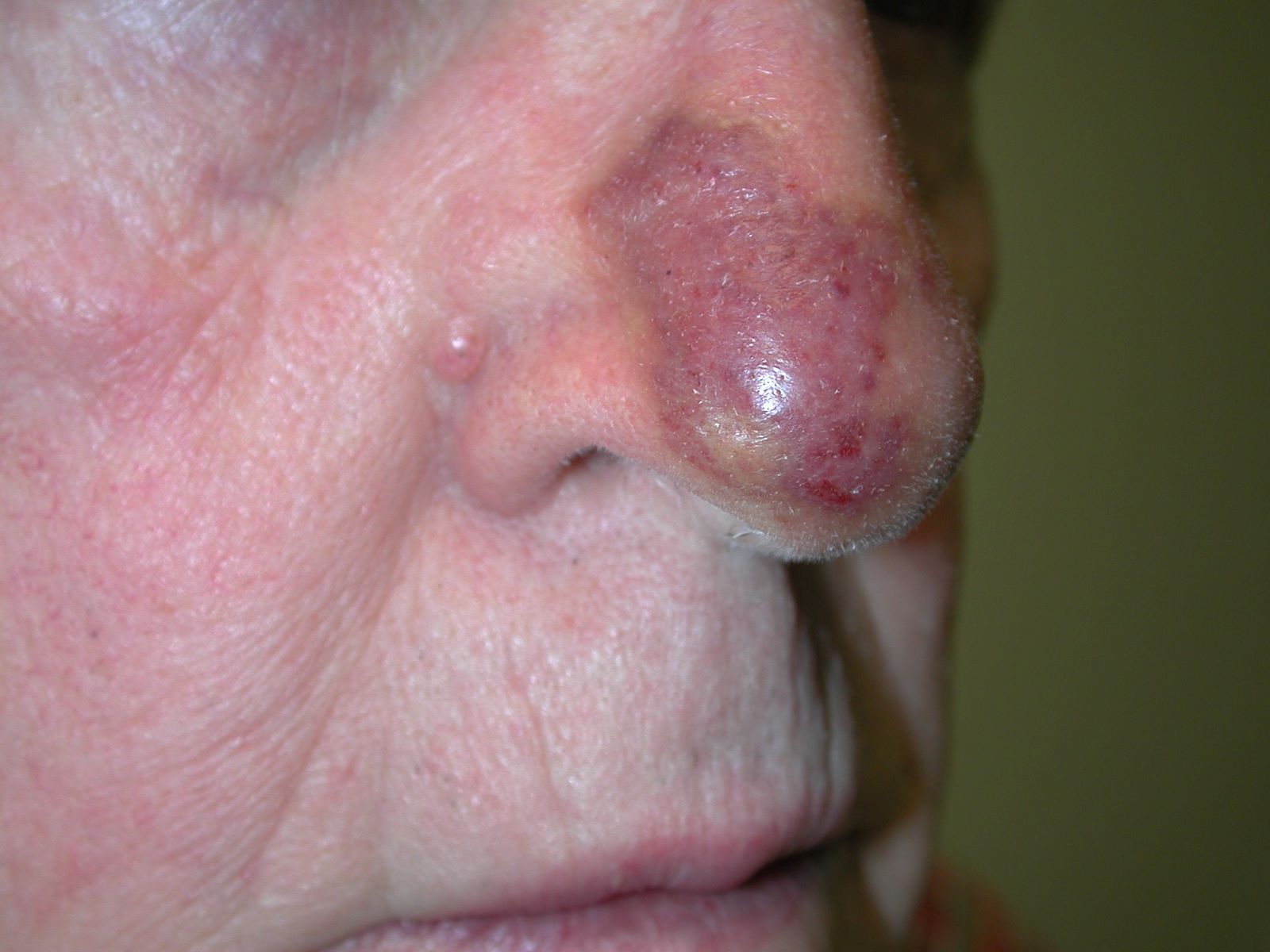
Alveolar Soft Part Sarcoma (ASPS) is a rare type of cancer that primarily affects young adults and children. This tumor usually starts in the soft tissues, such as muscles, and can spread to other parts of the body. ASPS is known for its slow growth, which often leads to a delayed diagnosis. Despite its rarity, understanding this disease is crucial for early detection and treatment. In this blog post, we will share 30 essential facts about Alveolar Soft Part Sarcoma, covering its symptoms, causes, diagnosis, and treatment options. Whether you're a patient, caregiver, or just curious, these facts will provide valuable insights into this uncommon but serious condition.
What is Alveolar Soft Part Sarcoma?
Alveolar Soft Part Sarcoma (ASPS) is a rare type of cancer that originates in soft tissues. It often affects young adults and children. Understanding this disease can help in recognizing symptoms and seeking timely treatment.
- ASPS is a type of soft tissue sarcoma, which means it develops in tissues like muscles, fat, and nerves.
- This cancer is extremely rare, accounting for less than 1% of all soft tissue sarcomas.
- ASPS often begins in the legs or arms but can also start in the head, neck, or other parts of the body.
- The exact cause of ASPS is unknown, but it is believed to involve genetic mutations.
- Unlike many cancers, ASPS grows slowly and may not cause symptoms until it has spread to other parts of the body.
Symptoms of Alveolar Soft Part Sarcoma
Recognizing the symptoms of ASPS can be challenging due to its slow growth. However, certain signs can indicate its presence.
- A painless lump or swelling in the affected area is a common symptom.
- If the tumor presses on nerves or muscles, it can cause pain or discomfort.
- In some cases, ASPS can lead to difficulty moving the affected limb.
- Tumors in the head or neck may cause vision problems, headaches, or difficulty swallowing.
- Advanced ASPS can cause symptoms related to metastasis, such as shortness of breath if it spreads to the lungs.
Diagnosis of Alveolar Soft Part Sarcoma
Diagnosing ASPS involves several steps and tests to confirm its presence and determine its extent.
- A physical examination is often the first step in diagnosing ASPS.
- Imaging tests like MRI, CT scans, or X-rays help visualize the tumor and its spread.
- A biopsy, where a sample of the tumor is taken and examined under a microscope, is crucial for diagnosis.
- Genetic testing can identify specific mutations associated with ASPS.
- Blood tests may be conducted to check for markers that indicate cancer.
Treatment Options for Alveolar Soft Part Sarcoma
Treatment for ASPS varies depending on the tumor's size, location, and whether it has spread.
- Surgery is the primary treatment for ASPS, aiming to remove the tumor completely.
- Radiation therapy may be used before or after surgery to shrink the tumor or kill remaining cancer cells.
- Chemotherapy is less effective for ASPS but may be used in some cases.
- Targeted therapy, which uses drugs to target specific cancer cells, is an emerging treatment option.
- Clinical trials offer access to new treatments and are an option for some patients.
Prognosis and Survival Rates
The prognosis for ASPS depends on various factors, including the tumor's size, location, and whether it has spread.
- Early-stage ASPS has a better prognosis compared to advanced stages.
- The five-year survival rate for localized ASPS is around 80%.
- If ASPS has spread to other parts of the body, the five-year survival rate drops to about 20%.
- Regular follow-ups are crucial for monitoring recurrence or metastasis.
- Advances in treatment are improving survival rates and quality of life for ASPS patients.
Research and Future Directions
Ongoing research aims to better understand ASPS and develop more effective treatments.
- Scientists are studying the genetic mutations involved in ASPS to find new treatment targets.
- Immunotherapy, which boosts the body's immune system to fight cancer, is being explored for ASPS.
- Researchers are investigating the role of angiogenesis inhibitors, which block the blood supply to tumors.
- Patient registries and databases are helping to collect more information about ASPS and its treatment outcomes.
- Collaboration between researchers, clinicians, and patients is essential for advancing ASPS research and care.
Final Thoughts on Alveolar Soft Part Sarcoma
Alveolar Soft Part Sarcoma (ASPS) is a rare, aggressive cancer that primarily affects young adults. Understanding its symptoms, diagnosis, and treatment options can make a significant difference in managing this disease. Early detection remains crucial, as ASPS often spreads to other parts of the body. Treatments like surgery, radiation, and targeted therapies offer hope, but ongoing research is essential for better outcomes.
Raising awareness about ASPS can lead to more funding for research and improved patient support. If you or someone you know is affected by ASPS, connecting with support groups and medical professionals specializing in rare cancers can provide valuable guidance and emotional support. Knowledge is power, and staying informed about ASPS can help navigate this challenging journey.
Was this page helpful?
Our commitment to delivering trustworthy and engaging content is at the heart of what we do. Each fact on our site is contributed by real users like you, bringing a wealth of diverse insights and information. To ensure the highest standards of accuracy and reliability, our dedicated editors meticulously review each submission. This process guarantees that the facts we share are not only fascinating but also credible. Trust in our commitment to quality and authenticity as you explore and learn with us.


